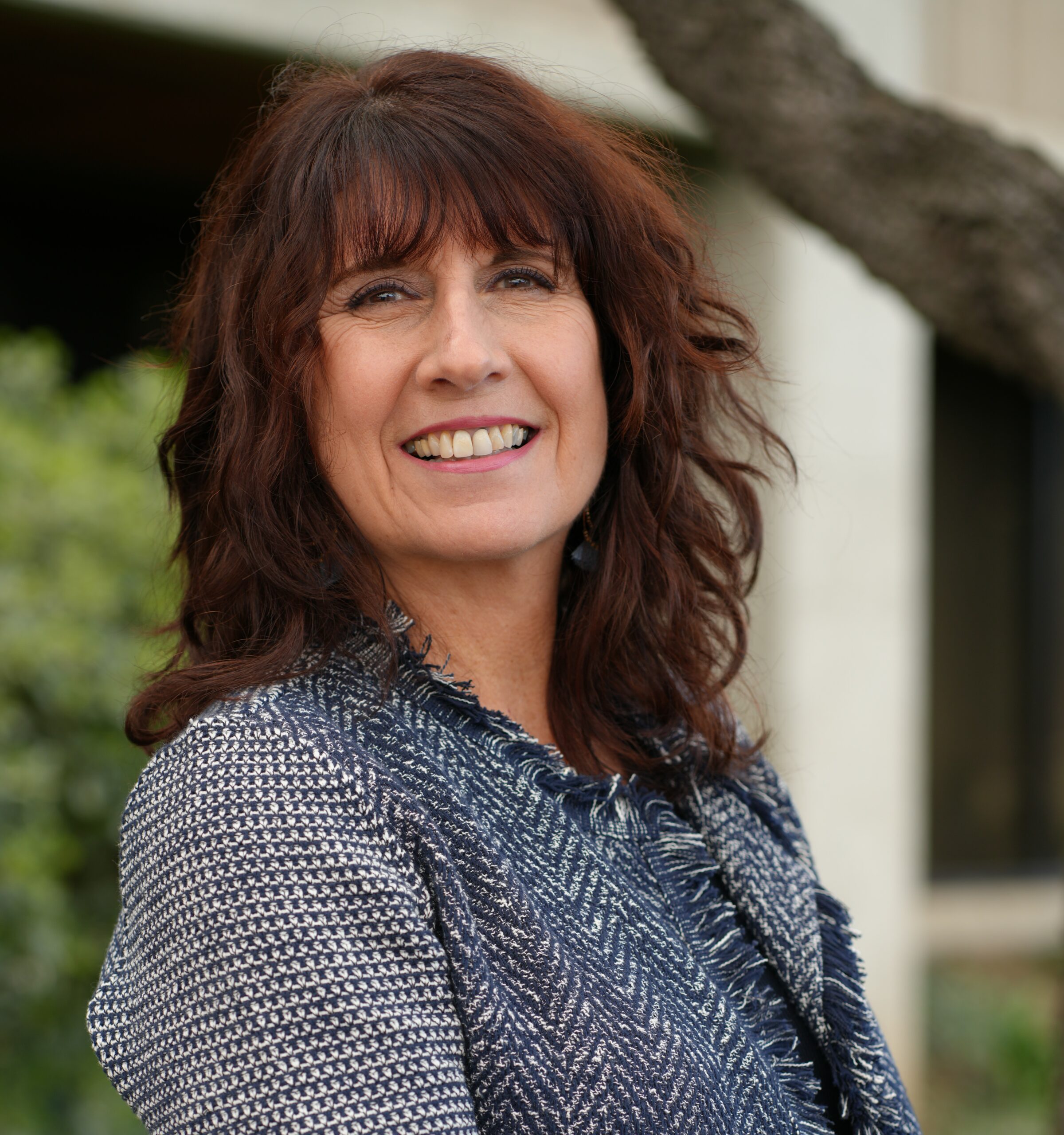Did you know that young children adapt how they play, learn, speak, act, and move as they grow? Doctors and other childcare experts measure this change and growth by a child reaching specific developmental milestones during an expected timeframe. There is room for concern about a child’s development if these milestones are not reached when expected. Currently, one in four children in the United States from birth through the age of five is at risk for a developmental delay, according to the Centers for Disease Control and Prevention – that’s a big number! That’s why First 5 San Mateo is passionate about educating parents on this important step in early childcare. First 5 San Mateo County Commissioned this study as part of our Watch Me Grow – Special Needs Initiative.
We have for a long time recognized the importance of collaboration, outreach and supporting pediatricians because we know that pediatricians are key identifiers of delays in a child’s growth and development, and that parents should take their children to receive regular and reliable screenings during well-child visits starting at birth. This will help identify potential problems early. The sad truth is, many parents are unaware of just how important these screenings can be!
So when we had the chance to partner alongside several other organizations to conduct a survey on the topic of early childhood developmental screening, we were thrilled! This week, we received the preliminary findings that shed light on the state of this important piece of early childcare. Download From the Doctor’s Office: California Pediatrician Survey on Early Childhood Developmental Screening (.pdf, 1 MB)
The focus of the survey was to understand the landscape of pediatricians’ use of developmental screening and surveillance during well-child visits, focusing on practice attitudes, beliefs and barriers. The Center for Early Learnings at Silicon Valley Community Foundation surveyed pediatricians in California throughout the fall of 2016.
Another important component of these screenings is the tool a pediatrician uses to conduct them. It has been proven that using a validated tool to screen at regular, repeated intervals improves the identification delays more than observation or surveillance alone. That’s why the Center partnered with Learning for Action, an evaluation and research firm. Together, they created a survey tool using input from several pediatricians and early childhood experts throughout California that was emailed through the four American Academy of Pediatrics chapters in California.
Based on the surveys, they found that 95% of pediatricians surveyed agree that it is important to use a formal tool at recommended intervals. 94% agree that it is easier to identify a delay using a validated or evidenced-based tool. 42% agree that they do not have the clinical expertise to identify a delay without the use of a formal tool. Finally, 92% agree that using a standardized tool makes it easier to talk to the family about possible developmental problems.
When questioned about their current methods, the survey showed that 37% of pediatricians indicated they use a validated or evidence-based screening tool to identify the majority of developmental concerns. 29% universally screen at 6 month visits, 69% universally screen at 18 month visits, and 36% of pediatricians universally screen at 30 month visits.
The largest barrier that pediatricians face to conducting these screenings for all children was a lack of time, at 86%. 73% find cost to be a barrier, 64% lack services to refer patients to, 62% are unfamiliar with the tools, and 55% feel that they have a lack of training to conduct these screenings.
The Center will continue to conduct community conversations with pediatricians throughout 2017 in order to better understand how all young children can receive reliable and consistent developmental screenings. We are excited to share these preliminary findings in the hope to continue educating parents on the importance of early childhood developmental screenings.


